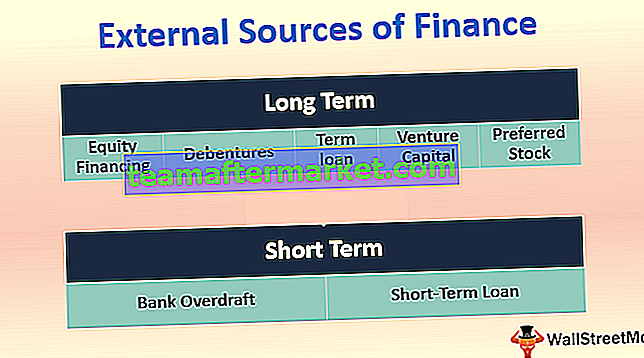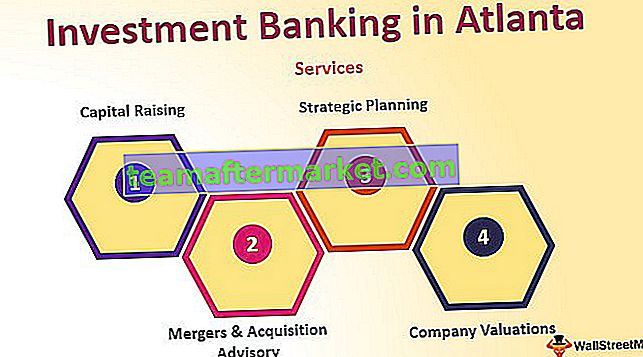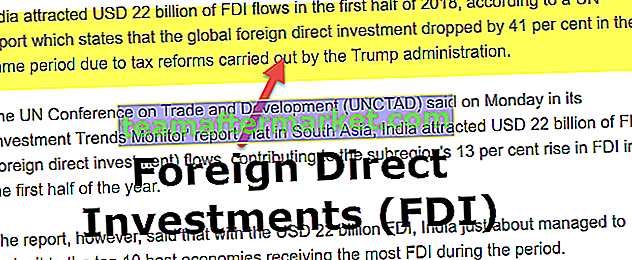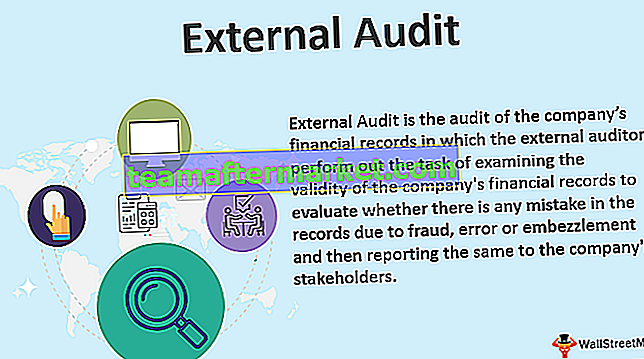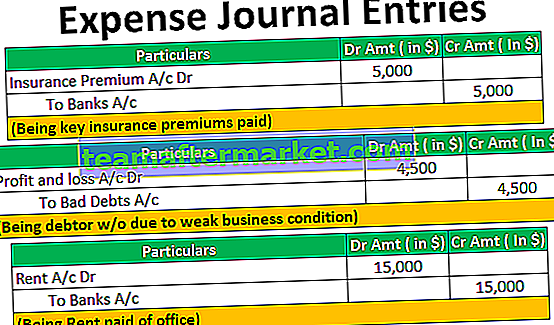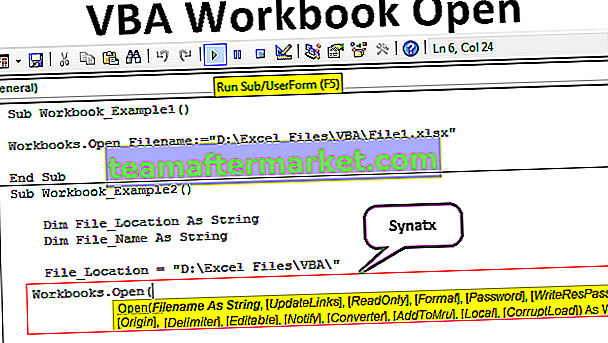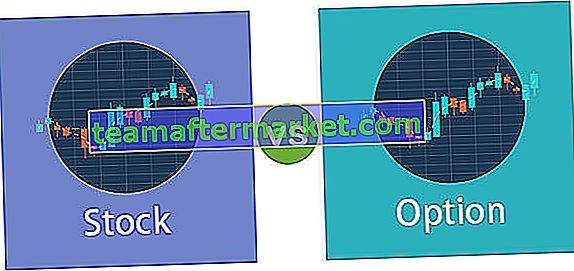Inefficient Market Definition
Inefficient Market is defined as the market wherein the financial asset does not display or reflects its fair and true market value. and do does not obey the concept of an efficient market hypothesis. The efficient market hypothesis states that the financial asset traded in the financial system always displays its true and fair value to the participants of the financial system or the market.
Types of Inefficient Market
The following are types of inefficient markets.

#1 – Market Efficiency
The inefficient market has been derived from market efficiency. The market efficiency states that the prices of the asset display fair market value basis the available information and news. Since information readily available in efficient markets, the assets are never under or overvalued and there is no method to beat the market expectations.
Since the market is efficient, this means that the market would not have arbitrageurs and speculators as market participants.
#2 – Absence of Information
In inefficient markets, the information that influences the prices of the assets are not readily available. Hence it becomes difficult to determine or predict the correct prices of the assets. This causes the financial assets of not displaying their true value resulting in an inefficient market.
#3 – Delayed Reaction to News
There could certain types of news that can influence the prices of the assets. Inefficient markets, the prices of assets quickly and dynamically reflect the available news related to the asset. The inefficient markets, on the other hand, show no impact on the value of assets as and when the news is published thereby giving a delayed reaction and hence resulting in an inefficient market.
#4 – Presence of Arbitrageurs and Speculators
The arbitrageurs are entities who take advantage of the mispricing of the assets and earn a riskless profit on such a strategy. The speculators are individuals who gain access to high-level news related to the assets and use them to speculate the prices of the assets. Inefficient market, there is no asset mismatch, the information is readily available to all market participants.
However, this situation is the opposite of the inefficient markets where arbitrageurs and speculators dominate the markets thereby influencing the prices of the assets.
Examples of Market Inefficiency
The following are examples of market inefficiency.
Example #1
Suppose there is an asset whose supply varies invariably with its demand in the financial markets. This causes the equilibrium position for supply and demand for the financial asset to decrease or deteriorate. This may further result in undervaluation of overvaluation on the prices of assets due to lack of equilibrium in supply and demand of the assets and hence this gives rise to inefficient markets.
Example #2
Suppose stock ABC trades in both NYSE exchange and NASDAQ exchange. It currently trades at $10 in NYSE and $10.95 in NASDAQ. Inefficient markets, such as asset mispricing does not exist due to the easy availability of information.
However, in an inefficient market, this situation of asset mispricing exists and it becomes an opportunity for the arbitrageur to derive risk-less profit. The arbitrageur may buy the stock at $10 at NYSE and sell the stock at $10.95 in NASDAQ to derive a risk-less profit of $0.95 per share.
Example #3 – Practical Application
The dotcom bubble that occurred in the period of 1990 is an example of market inefficiency. The dotcom or internet is a company whose business is conducted through websites and thereby derive revenues from such operations. In the dotcom bubble, the stock prices of US-based technology equity rose unprecedentedly and exponentially.
The price inflation in the stock prices of the equities was due to over-speculation and lack of monitoring by the investors when they invested and took positions in such stocks. This resulted in a massive deterioration in the overall value of the assets when the dotcom bubble finally burst. The speculative bubbles are very hard to be recognized but reaching their threshold or peak, such bubbles burst to make it more evident and probable.
Advantages of Inefficient Market
- The market participants may earn some excess returns due to inefficiencies present in the market.
- There may be delayed reactions on news that may be reflected in the asset prices giving enough time for the speculators and small-time traders to liquidate their positions and earn good profits.
- Inefficient markets give rise to asset mispricing which can be used by the arbitrageurs to derive risk-less profit for themselves.
Disadvantages
- The market participants may tend to lose money very quickly and easily.
- In inefficient markets, there is always a probability that the asset bubbles and speculative based bubbles may be harboring or is around the corner.
- The demand and supply of the asset tend to vary invariably leading to price mismatch in the assets held.
Important Points
- The financial markets or asset-based market tends to appear as efficient.
- However, since the procurement of information and news that influences the prices of assets are hard to get or be accessed, this transforms the efficient financial markets to inefficient markets.
- In an inefficient market, there is the presence of assets whose prices are fairly undervalued and overvalued.
- The financial markets may reflect the impact of news on the prices of assets after a certain level of delay.
Conclusion
It is assumed that the markets are efficient and they operate in accordance with the efficient market theory. Inefficient market, the information, and news with regard to the assets are readily available. There are no assets whose prices are either undervalued or overvalued and all the assets are assumed to be equally priced. There is no such presence of speculators and arbitrageurs inefficient markets. It is a platform where the assets are not fairly and equally priced.
There may be assets that are undervalued and there may be assets that are overvalued. Due to such scenarios, few market participants may earn high and excess returns. The arbitrageurs tend to earn risk-less profits in inefficient markets as these markets may have assets whose prices may be mismatched across platforms. There may be the creation of speculative based bubbles in inefficient markets.

